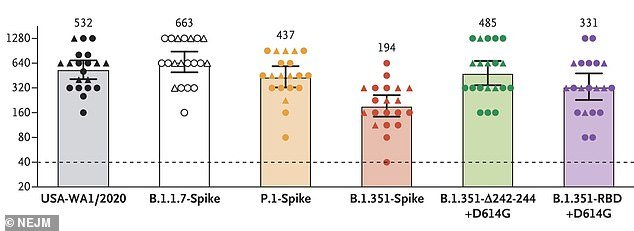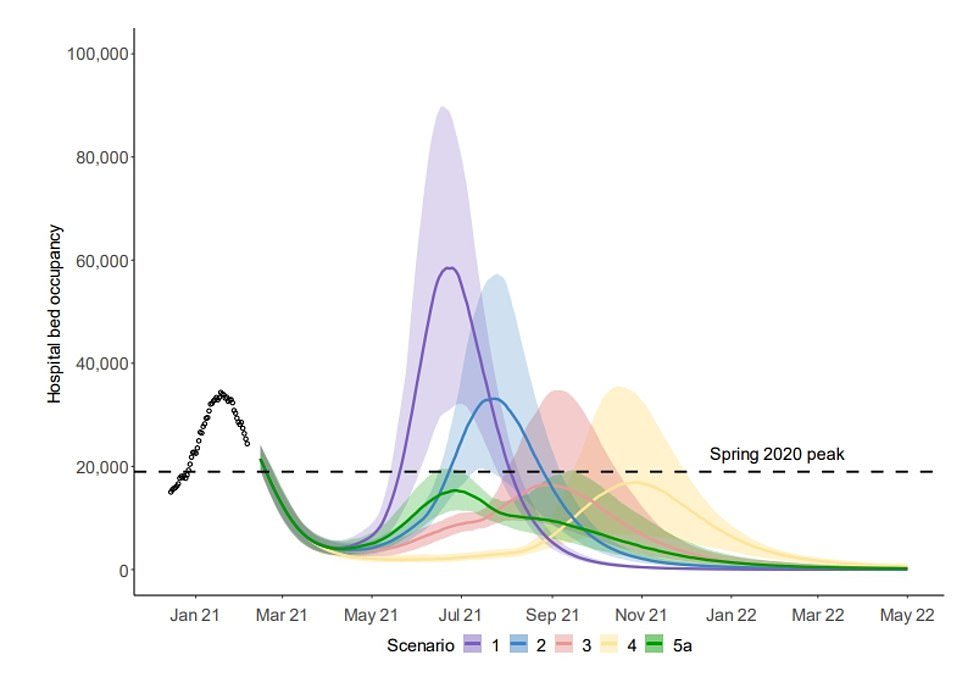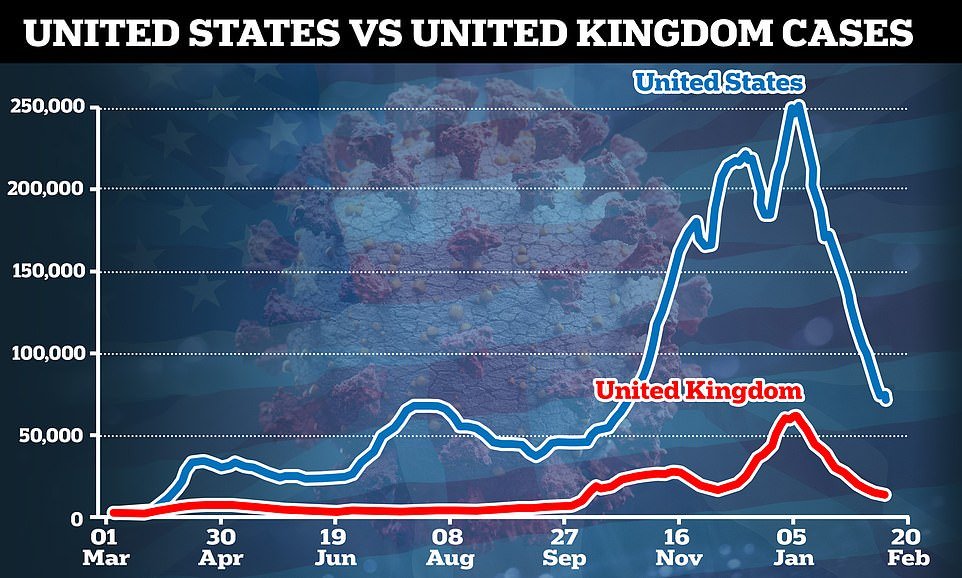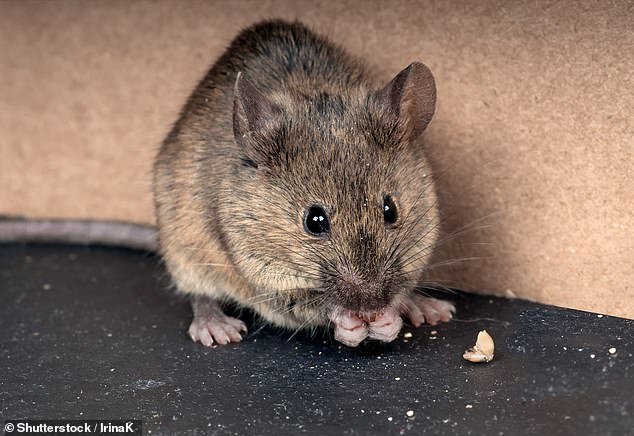Pfizer’s vaccine DOES work against the Brazilian covid variant, study suggests
Pfizer’s vaccine DOES work against the Brazilian coronavirus variant, study suggests: Second dose of the shot ‘neutralized’ the mutant virus in lab tests Scientists tested antibodies in the blood of people who had two doses against an engineered variant They saw in the lab that the antibodies were able to ‘neutralize’ an infectious spike protein … Read more









